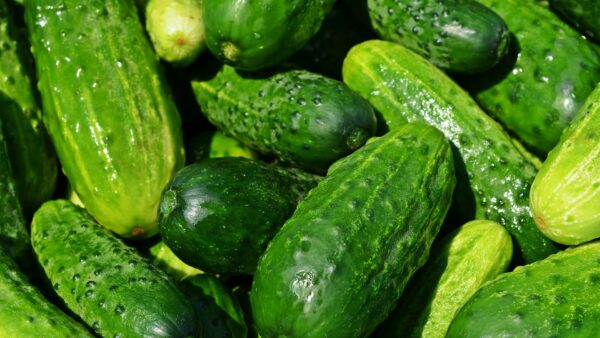Alliance Seed and SeCan announced today the settlement of a joint Plant Breeders’ Rights (PBR) case between Alliance Seed, SeCan and one other seed distributor versus a large farming operation in southern Alberta. The settlement relates to unauthorized advertisements and sales of PBR protected barley and wheat varieties.
The parties have agreed to a cash settlement of $737,597 compensation for royalties, legal and investigative costs, and a declaration there will be no additional unauthorized sales. The settlement is the largest on a PBR case to date.
“We are pleased to finally put this one to rest — it has been in the works for five years and covers sales spanning six seasons,” said Todd Hyra, business manager Western Canada, SeCan.
The magnitude of this settlement is significant, as it is three times the previous highest PBR settlement, he added.
“It is critical that everyone in the value chain is aware of the rules. Under PBR ’91 not only the seller is liable for damages, but the customer and the processor — essentially everyone who played a part in the infringement,” said Jim Bagshaw, general manager of Alliance Seed.
“If a variety is protected by PBR it is protected, whether you call it common seed or if you call it by the variety name. “Infringers need to be aware. It is not just a matter of paying royalties owing when you get caught. Settlement normally includes royalties, investigative and legal costs, and other damages, which can result in very substantial payments.”
Royalties Fund Investment in Variety Development
While the companies agreed not to name the specific operation, it is important to publicize that unauthorized sales of PBR protected varieties will not be tolerated, Hyra said.
“If we want access to the best genetics in the world — whether they are developed here in Canada or come from somewhere else in the world — we need to be sure that the developers are rewarded for their efforts.”
Plant breeding programs are funded from a range of sources. Royalty on seed sales rewards a breeding program for the product they have delivered and encourages investment in the next great product. This case involved not only sales of protected varieties, but custom seeding of protected varieties. Both are PBR infringements.
“This is an example of how the seed industry needs to work together to continue to educate and enforce PBR to ensure we have a robust breeding network in Canada working for producers. The Canadian Plant Technology Agency — now a division of Seeds Canada — was integral in helping build this case and continues to lead the industry in protection of intellectual property. Anyone selling seed needs to take note of the implications and cease illegal sales immediately,” added Hyra.
For more information regarding Plant Breeders’ Rights visit PBRfacts.ca.












